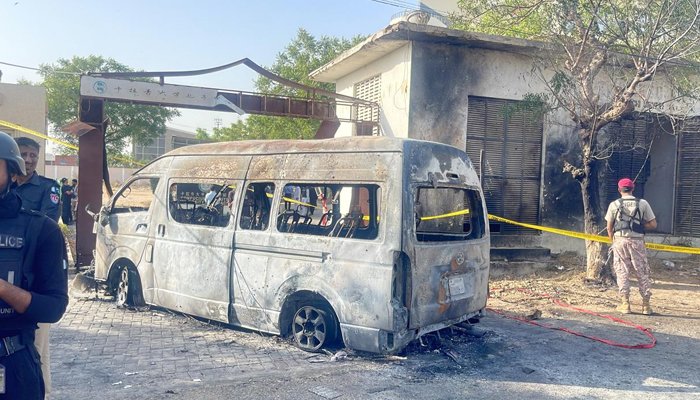
The recent blast at the University of Karachi by a Baloch woman suicide bomber that killed 3 Chinese and 1 Pakistani should be a wakeup reminder to the Pakistani state. The suicide bomber was a highly educated woman, schoolteacher with a degree in zoology, and was enrolled in a second Master’s degree course. Further, her husband is a dentist and professor at Makran Medical College in southern Balochistan and her father is a retired civil servant who worked as a registrar at the University of Turbat. Her three brothers include a doctor, a deputy director at a government-funded project, and a civil servant.
That a woman from such a background decided to become a suicide bomber is worrying. As Arifa Noor wrote in Dawn, “her gender and her background has led to a renewed debate about Balochistan, which under normal circumstances we prefer to ignore. Indeed, the average Pakistani is as aware of the province as the average American perhaps is of Pakistan. But acts of violence force us to pay attention to that which is ignored or kept invisible. And so it was with this attack.”
However, as Noor points out “even a cursory glance at the larger themes which are covered sporadically by the mainstream media should be enough to suggest otherwise. The constant news about the enforced disappearances of Baloch students from urban centres (and not just remote areas in Balochistan); the use of social media and the proliferation of news websites being run by Baloch which are being blocked by the authorities in an effort to stop the dissemination of information about the province; and the emergence of militant organisation leaders such as Dr Allah Nazar should all have made us think.”
In conclusion, Noor writes, “confidence-building measures will be needed first in Balochistan, such as resolving the missing people issue; this can lead to an environment that is conducive to talks. And then talks can be held. They need to be led by the political class, which must have the power and authority required to make them a success. A repeat of what happened during the Musharraf period or the 2013 tenure will not fix matters, where politicians held talks only for the latter to be scuttled later by the powers that be; this will simply undermine the little credibility and trust that is left — if any remains. But this can happen only if there is realisation that political problems cannot be fixed through an approach which puts security first.”
![]()





